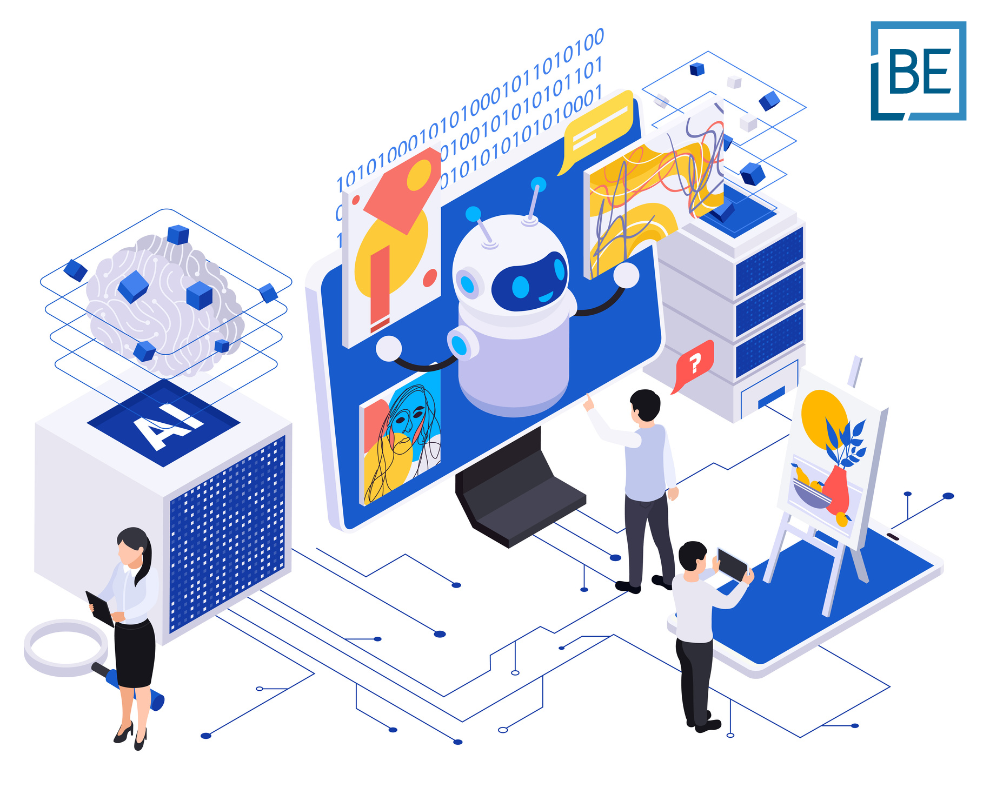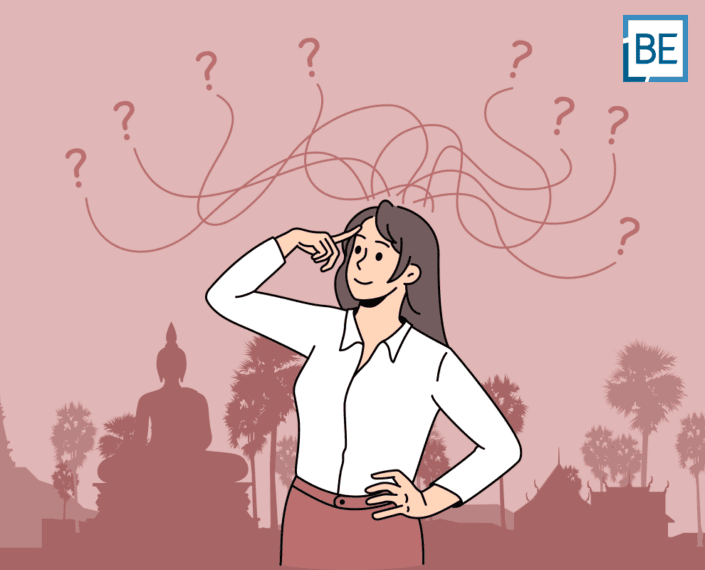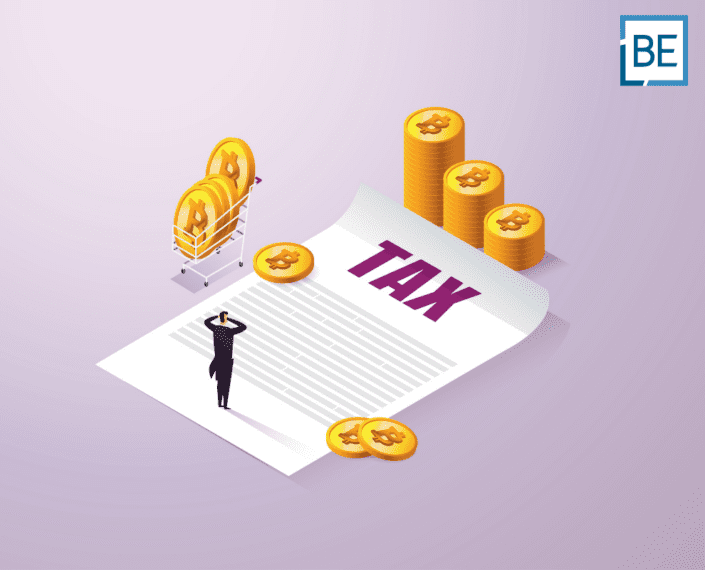Belaws Home ›› Thailand ›› Blog ›› Taking A Look At Thailand’s New Draft AI Regulation
legal
Taking A Look At Thailand’s New Draft AI Regulation
29/05/2022
The draft Royal Decree on Artificial Intelligence System Service Business was introduced to assess the potential risks from artificial intelligence (AI) systems to public health, safety, and freedoms. The draft decree addresses the importance of risk assessment, reporting requirements and creates specific measures to minimize AI risks.
With the recent rapid rise in the popularity of AI, governments have begun to establish frameworks to regulate these platforms. This blog post will explore what is contained in Thailand’s new draft regulation.
Key points
- The draft decree has been introduced to assess the potential risks of artificial intelligence (AI) systems to public health, safety, and freedom.
- AI has been defined as a machine-based system capable of making predictions, recommendations, or decisions that impact real or virtual environments based on human-defined objectives.
- The decree takes a risk-based approach to regulation, focusing on identifying and mitigating potential risks associated with AI services.
- The decree will apply to Thai AI platforms and international services operating in Thailand.
What is considered an AI platform under the decree?
The draft royal decree defines an AI platform or system as a machine-based system capable of making predictions, recommendations, or decisions that impact real or virtual environments based on human-defined objectives.
The definition acknowledges that artificial intelligence systems can function with varying levels of autonomy.
The different levels of autonomy encompassed by the definition include:
- Machine learning AI
- Logic-based and knowledge-based AI
- Statistical AI
- Bayesian estimation AI
- Search and optimization AI
Implementing a risk-based approach
The draft decree takes a risk-based approach to regulation, focusing on identifying and mitigating potential risks associated with AI services. The decree highlights prohibited or high-risk AI services to prevent harm or unethical practices that could jeopardize public health, safety, or freedoms.
The level of regulatory scrutiny imposed on an AI system corresponds to its risk level. For instance, AI systems presenting unacceptable risks are generally prohibited from operation. On the other hand, high-risk AI systems undergo a conformity assessment to evaluate their compliance with specified criteria and procedures designed to mitigate potential risks.
AI systems classified as limited-risk are subjected to transparency requirements to ensure transparency and accountability. This emphasizes disclosing information about the system’s capabilities, limitations, and potential impact to relevant stakeholders.
Detailed guidelines and regulations outlining the criteria and procedures for minimizing risks associated with each AI service will be provided in sub-regulations. These sub-regulations would provide a comprehensive framework for AI developers and operators to adhere to, promoting AI technology’s responsible and ethical use while mitigating potential risks.
Does the draft decree prohibit any AI platforms?
The draft decree prohibits the following AI platforms:
- Platforms that employ subliminal techniques to covertly influence human behavior (below the threshold of conscious awareness);
- Platforms that utilize social scoring;
- Platforms that access sensitive personal information like age or disabilities; or
- Platforms that employ real-time remote biometric identification in public areas.
Does the draft decree affect all AI platforms or only those in Thailand?
Under the draft royal decree, AI platforms operating outside of Thailand but offering AI system services to users within Thailand, regardless of whether they receive payment, must comply with obligations established by the decree.
Are there any exemptions?
The current draft of the AI decree states that specific regulators, such as the Bank of Thailand and the Office of the Securities and Exchange Commission, are exempted from the decree’s application for AI systems under their supervision. However, this exemption applies only if these services adhere to rules that guarantee transparency and fairness to a standard equal to or higher than what is specified in the royal decree.
How can Belaws help?
For more information regarding legal news in Thailand, why not talk to one of our experts now.
Please note that this article is for information purposes only and does not constitute legal advice.
Our consultations last for a period of up to 1 hour and are conducted by expert Lawyers who are fluent in English, French and Thai.
Consultations can be hosted via WhatsApp or Video Conferencing software for your convenience. A consultation with one of our legal experts is undoubtedly the best way to get all the information you need and answer any questions you may have about your new business or project.
USD 150
Up to 1 hour
Online payment (Paypal or Credit card)
Legal consultation can be conducted in English, French or Thai
Legal consultations are handled by experienced lawyers from the relevant fields of practice
Frequently asked questions
Is there any AI regulation?
Thailand has introduced a draft Royal Decree on Artificial Intelligence System Service Business. This regulation aims to assess the potential risks of AI systems to public health, safety, and freedoms.
Do we need AI regulation?
The need for AI regulation is subjective and depends on various factors. However, many governments around the world have recognized the potential risks and impact of AI systems and have begun implementing regulations to ensure their responsible and ethical use.
How much is a work permit in Thailand?Why is AI regulated?
AI is regulated to mitigate potential risks and ensure the responsible use of the technology. Regulations aim to protect public health, safety, and freedoms, address issues of bias, privacy, and security, and promote transparency and accountability in AI systems.
What is the global regulation of AI?
The global regulation of AI varies across different countries and regions. Several countries have implemented or proposed regulations specific to AI, addressing areas such as data privacy, algorithmic transparency, ethical considerations, and potential social impact.
What are the three laws of AI?
- A robot may not injure a human being or, through inaction, allow a human being to come to harm.
- A robot must obey the orders given it by human beings, except where such orders would conflict with the first law.
- A robot must protect its own existence as long as such protection does not conflict with the first or second law.
Related articles
Subscribe today
Subscribe today
To our newsletter for all the latest legal news
in South East Asia, Belaws updates and
special promotions on our services.
To our newsletter today for all the latest legal news in South East Asia,
Belaws updates and special promotions on our services.







